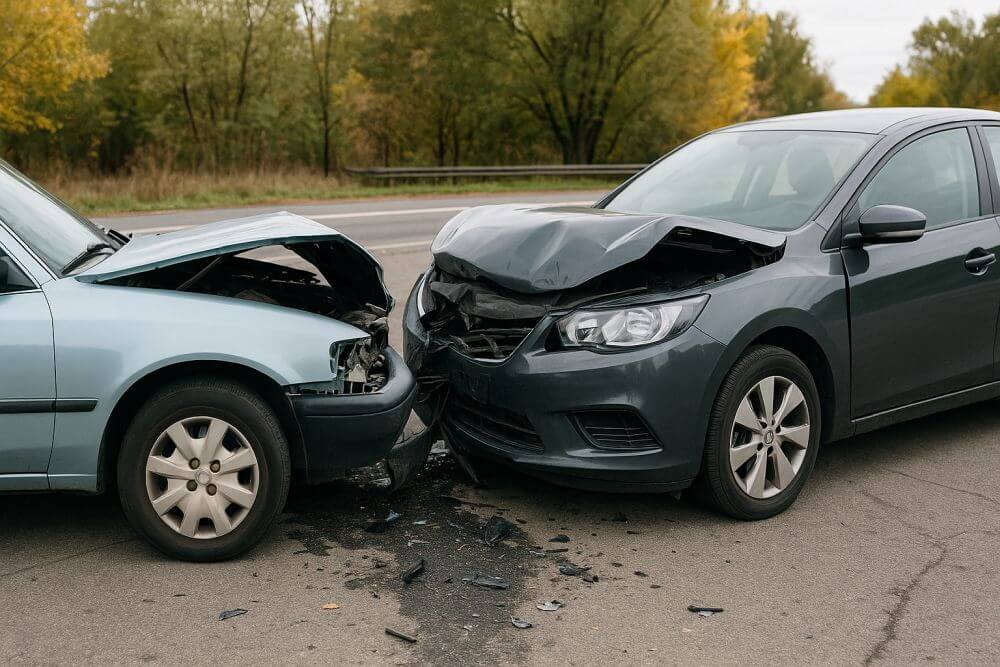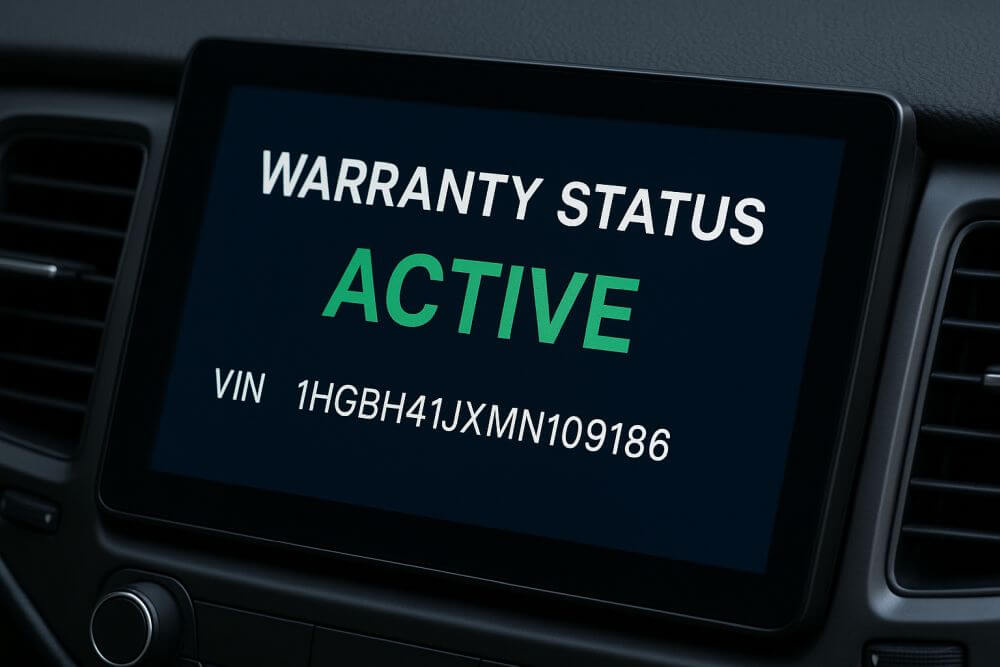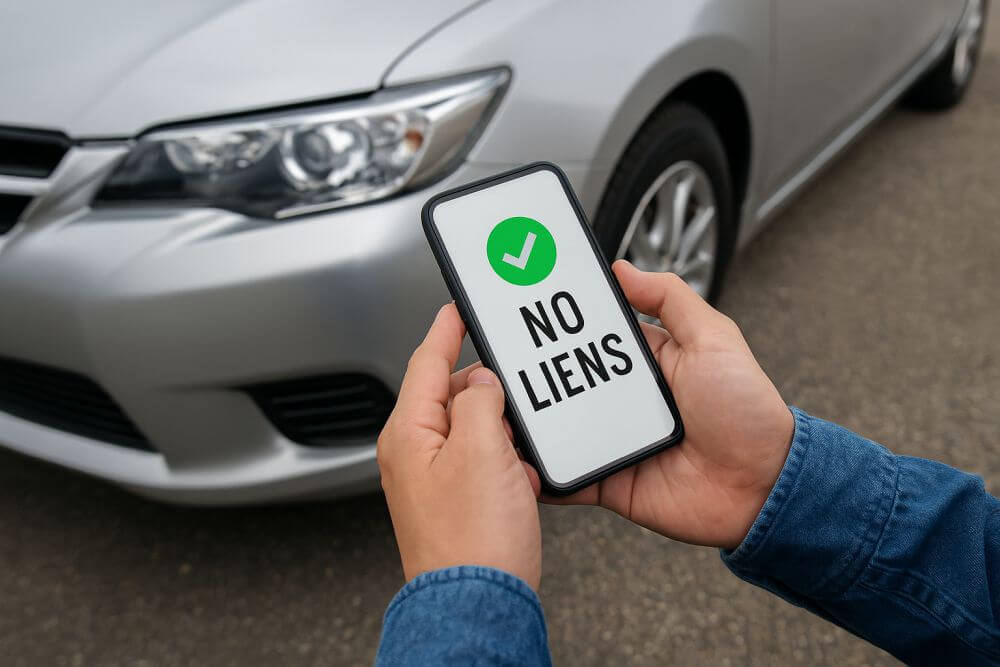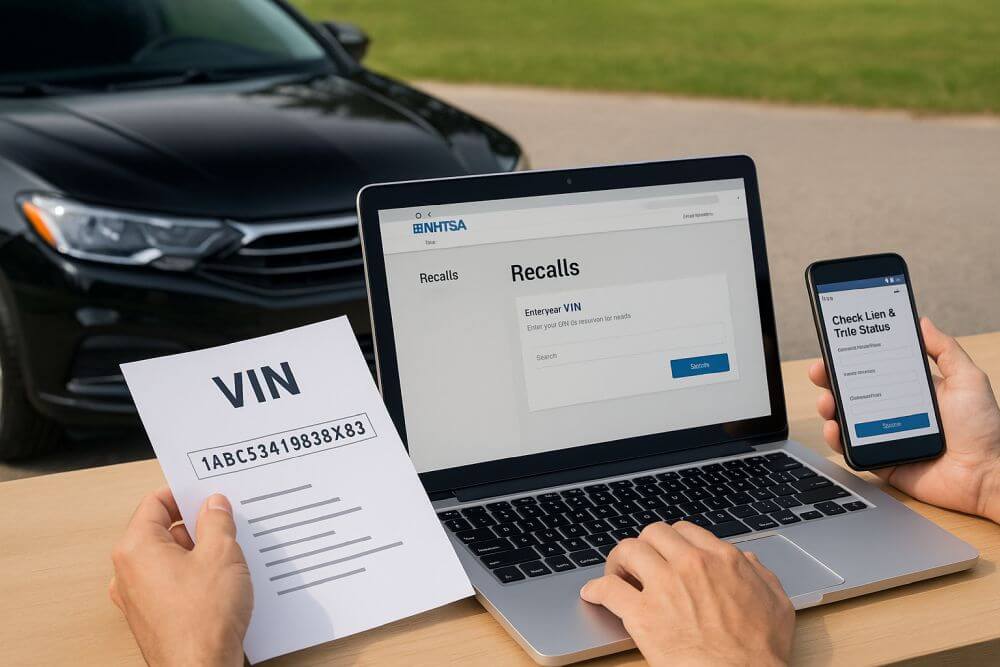Whether you’re buying a used car from a dealership, a private seller, or online through Facebook Marketplace, checking the vehicle’s accident history should be one of your top priorities. Accidents can significantly impact a car’s value, performance, and long-term reliability—and not every seller is upfront about past damage.

The good news? You don’t need to pay for expensive reports. You can easily check a car’s accident history for free using tools like VinCheckPro.com, which provides full vehicle history reports using either the VIN or license plate number.
In this guide, we’ll show you how to check accident history, what to look for, and how to protect yourself from hidden problems.
What Is a Vehicle Accident History Report?
An accident history report is a summary of any damage the vehicle has sustained in the past—as reported to insurance companies, police, repair shops, or auction houses.
A typical report might include:
- Collision details (front, rear, side impact)
- Airbag deployment
- Frame or structural damage
- Insurance claims or total loss declarations
- Repair history (if reported)
This information helps buyers assess whether a vehicle is truly worth its asking price and whether it might have safety or reliability issues.
Why Accident History Matters
Even if a car has been repaired, previous damage can lead to:
- Reduced resale value
- Increased insurance premiums
- Hidden structural issues
- Poor alignment, frame damage, or uneven tire wear
Without a report, you’re taking the seller’s word for it. And unfortunately, odometer fraud, title washing, and non-disclosure are still common in the used car market.
How to Check Accident History for Free with VinCheckPro
Step 1: Locate the VIN or License Plate
You can find the VIN (Vehicle Identification Number) on the dashboard (near the windshield), inside the driver’s door frame, or on the vehicle registration.
If you don’t have the VIN, just use the license plate number and state to run a search instead.
Step 2: Visit VinCheckPro.com
Head to the VinCheckPro homepage and choose one of the lookup tools:
Step 3: Enter the Details
Input either the 17-digit VIN or the license plate number and state. Click search.
Step 4: Review the Report
In seconds, you’ll see a full vehicle history report that includes:
- Any reported accidents or damage
- Title brands (salvage, rebuilt, flood)
- Odometer readings and discrepancies
- Service and inspection records
- Previous ownership and usage (fleet, rental, personal)
Where the Data Comes From
VinCheckPro pulls accident and vehicle history data from multiple trusted sources, including:
- State DMVs
- Insurance records
- Police reports
- Auto auctions
- Repair facilities and inspection stations
While some minor incidents might not appear if they weren’t reported to insurance or law enforcement, most significant collisions are captured.
What to Do If an Accident Is Reported
If a vehicle shows past damage:
- Ask for documentation: Get receipts, insurance claims, or inspection reports.
- Have it inspected: Take it to a trusted mechanic for a structural and safety check.
- Negotiate: Use the report as leverage to ask for a lower price.
- Walk away: If the damage is serious or undisclosed, move on.
Frequently Asked Questions (FAQ)
Can I get a full accident history without paying for CARFAX?
Yes. VinCheckPro.com offers 100% free vehicle history reports that include accident records, title brands, mileage data, and more.
What if I don’t have the VIN?
You can still search using just the license plate number and state. Try it here: License Plate Lookup
Are these reports as reliable as paid services?
Free reports may not be quite as detailed in some cases, but they still provide trusted, verified data from insurance, DMV, and auction sources. For most buyers, this is more than enough to spot major red flags.
Can I decode a VIN to learn about the vehicle specs too?
Absolutely. Use the free VIN decoder tool to see the make, model, engine, transmission, and trim details.
Final Thoughts
You shouldn’t have to pay $40 or more just to protect yourself from buying a damaged car. A free accident history report from VinCheckPro gives you the peace of mind you need—without spending a dime.
Before you buy, verify.
📅 Run a free VIN check or license plate search today and get the full picture before you commit


